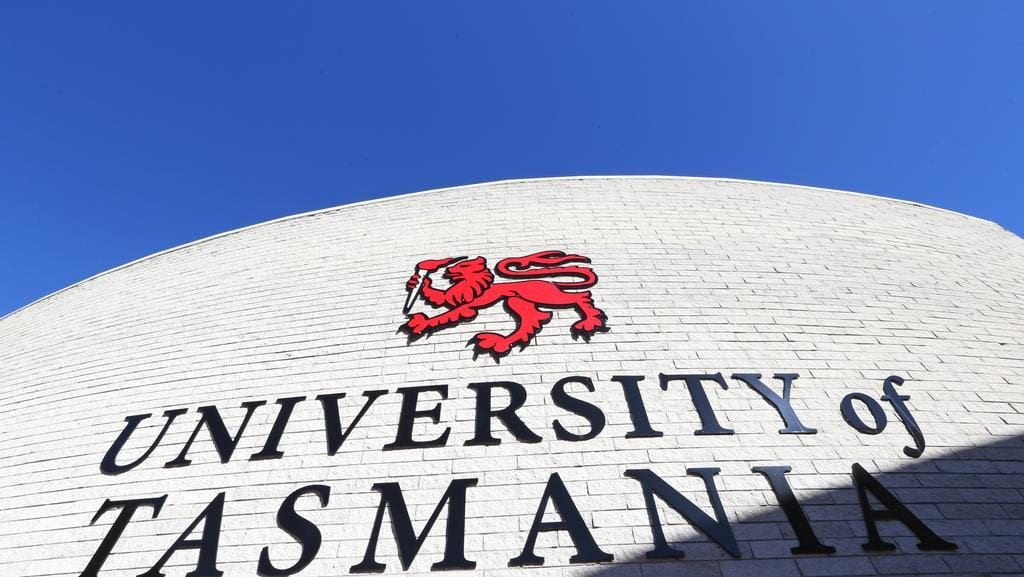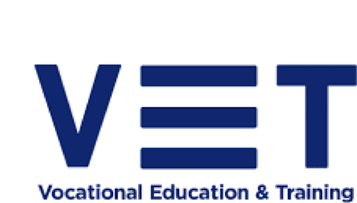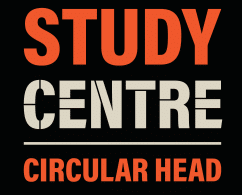TYPES OF EDUCATION
There are two types of formal education – vocational education and training (VET) and university also known as tertiary education or higher education.
University
A university is an institution of higher education and research which awards academic degrees in various academic disciplines. Universities typically provide undergraduate and postgraduate education.
There are 43 universities in Australia (40 Australian universities, two international universities, and one private specialty university). Along with our universities, many other institutions offer higher education courses. Students studying a university degree through any Australian university are welcome to access Study Centre Circular Head facilities.


Vocational Education and Training
Vocational education and training (VET) enables students to gain qualifications for all types of employment, and specific skills to help them in the workplace.
VET qualifications are provided by Registered Training Organisations (RTOs) which include government institutions called Technical and Further Education (TAFE) institutions, as well as private institutions such as adult and community education providers, agricultural colleges, community organisations, industry skill centres, and commercial and enterprise training providers. In addition, some universities and schools provide VET. Students studying any vocational education and training qualification Australia wide are welcome to access Study Centre Circular Head facilities.
Qualifications from Certificate I through to Advanced Diploma are competency based; learning skills immediately relevant to workplace situations through qualifications that are nationally recognised across Australia.
| AQF Level | Description Summaries | Qualifications |
|---|---|---|
| Level 1 | Graduates at this level will have knowledge and skills for initial work, community involvement and/or further learning. | Certificate I |
| Level 2 | Graduates at this level will have basic factual, technical and procedural knowledge of a defined area of work and learning. | Certificate II |
| Level 3 | Graduates at this level will have factual, technical, procedural and some theoretical knowledge of a specific area of work and learning. | Certificate III |
| Level 4 | Graduates at this level will have broad factual, technical and some theoretical knowledge of a specific area or a broad field of work and learning. | Certificate IV |
| Level 5 | Graduates at this level will have specialised knowledge and skills for skilled/paraprofessional work and/or further learning. | Diploma |
| Level 6 | Graduates at this level will have broad knowledge and skills for paraprofessional/highly skilled work and/or further learning. | Advanced Diploma, Associate Degree |
| Level 7 | Graduates at this level will have broad and coherent theoretical and technical knowledge with depth in one or more disciplines or areas of practice. | Bachelor’s Degree |
| Level 8 | Graduates at this level will have advanced knowledge and skills for professional or highly skilled work and/or further learning. | Bachelor Honours Degree, Graduate Certificate, Graduate Diploma |
| Level 9 | Graduates at this level will have specialised knowledge and skills for research, and/or professional practice and/or further learning. | Master’s Degree |
| Level 10 | Graduates at this level will have systematic and critical understanding of a complex field of learning and specialised research skills for the advancement of learning and/or for professional practice. | Doctoral Degree |

